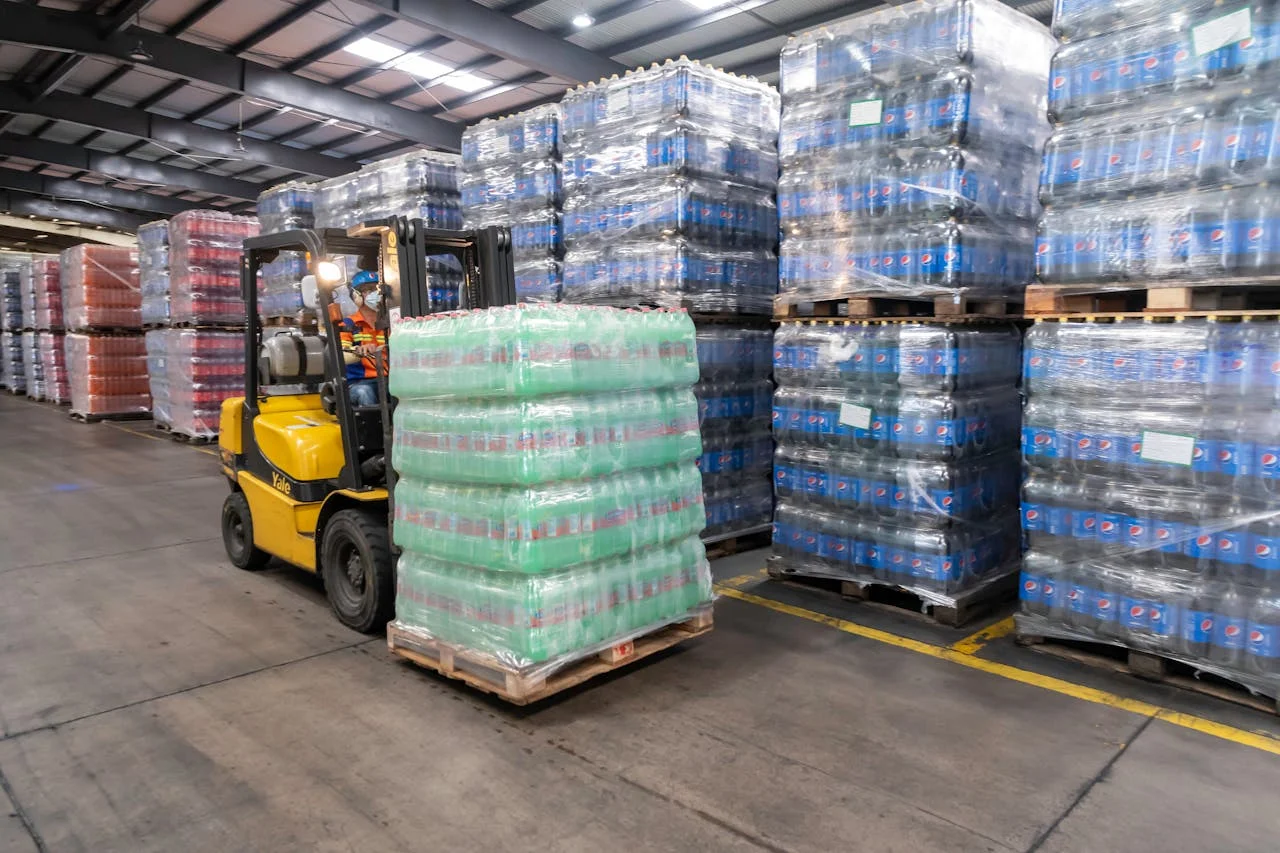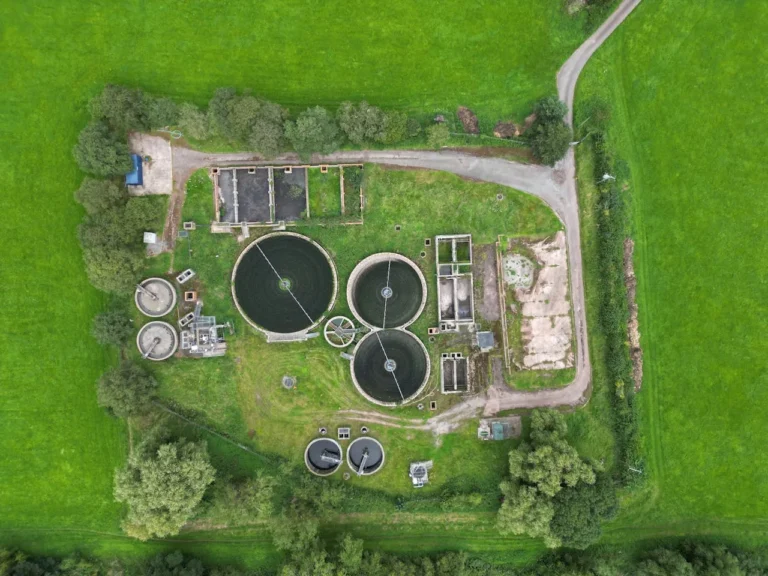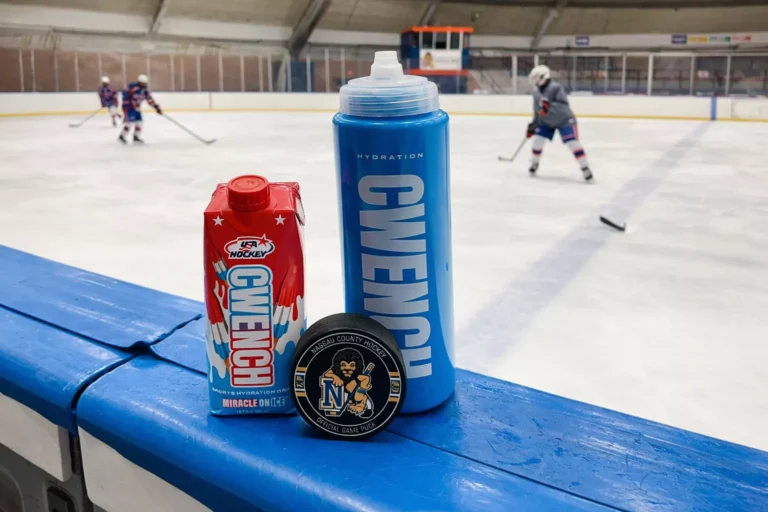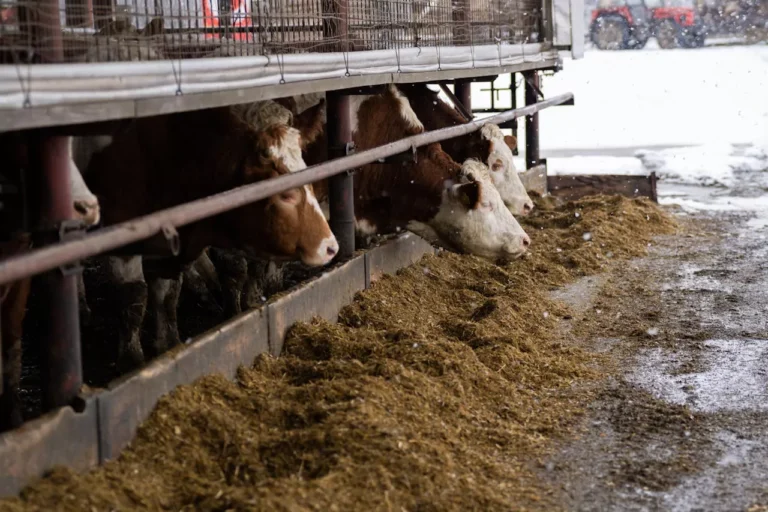
Unilever’s Global Packaging R&D Centre has ramped up investment in sustainable packaging, focusing on developing recyclable, compostable materials and advanced packaging technologies. This commitment aims to accelerate Unilever’s progress towards its plastic reduction goals, which has seen a more than twofold increase in recent years.
At the heart of this initiative is Unilever’s ‘Future Flexibles’ program, targeting the creation of materials that are not only recyclable but also compostable. This program is focused on designing alternatives for flexible packaging, such as pouches and sachets, compatible with recycling systems and naturally biodegradable. Currently, paper remains the most viable recyclable and compostable material, but limitations in durability and sealing pose challenges for liquid products like detergents and shampoos. Addressing this, Unilever’s R&D team has assessed thousands of technologies, drawing inspiration from fields such as pharmaceuticals and electronics to innovate and optimize packaging.
Pablo Costa, Unilever’s Global Head of Packaging, explains, “Our progress in plastic reduction is ahead of industry standards, yet we know we need to take bolder steps in materials science. We’re increasing our in-house capabilities while collaborating closely with partners to bring sustainable solutions to market.”
A key aspect of reducing virgin plastic use has been Unilever’s increased incorporation of post-consumer recycled (PCR) materials. Ensuring the quality of recycled plastic is complex; it must maintain the look, smell, and performance of virgin plastic. To streamline this, Unilever’s R&D team developed a digital tool that predicts packaging color for recycled plastics, cutting prototype development time by 25%. Additionally, the Advanced Manufacturing Centre enables in-house virtual testing to perfect materials and designs before they are scaled up for factory production, further reducing physical testing needs.
As Unilever progresses toward its goal of making 100% of its flexible plastic packaging reusable, recyclable, or compostable by 2035, it’s also pushing for broader systemic change. The company emphasizes that policy measures across the entire plastic lifecycle are necessary to drive industry-wide transformation. “Only by working together on materials, models, and regulations can we achieve a significant reduction in plastic pollution,” adds Costa.
Unilever remains committed to championing innovation, collaboration, and policy change to lead the transition to sustainable packaging solutions.




